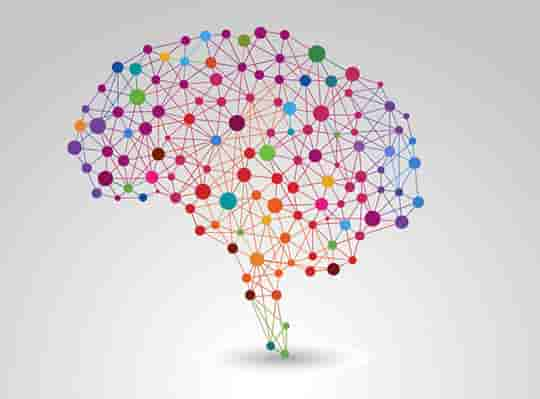Memory problems are one of the key symptoms of dementia.
A folate deficiency is linked to a tripling in the chance of developing dementia in older people, research finds.
Folates include vitamin B9, folacin and folic acid.
Healthy adults should get around 400mcg per day to prevent a deficiency.
Foods that are high in folates include leafy greens, beets, citrus fruits, broccoli, eggs and asparagus.
Folates are also usually contained in multivitamin supplements.
Low levels of vitamin B12 and folate have both been linked to a higher risk of Alzheimer’s disease by multiple studies.
This link has been observed by researchers for more than three decades.
A deficiency in B12 or folate can cause higher levels of the amino acid homocysteine in the body.
Homocysteine has a neurotoxic effect and could lead to neurological conditions, such as Alzheimer’s.
For the current study, 518 people over the age of 65 were tracked for two years.
They were given blood tests for levels of folate, vitamin B12 and the protein homosysteine, along with cognitive tests.
The results showed that 45 people had developed dementia by the end of the study.
People who were deficient in folates were 3.5 times more likely to develop dementia, the researchers found.
Dementia was also more likely in people whose folate levels dropped over the two years of the study.
The study’s authors write:
“In this prospective study of a community population, lower
folate concentrations predicted incident dementia and AD over
a 2.4 year follow-up period…Over the follow-up period, dementia occurred more commonly in those with a relative decline in folate and vitamin B12 concentrations or a relative increase in homocysteine concentrations.”
A good diet is repeatedly linked by research to a reduced risk of dementia.
One study has found that people who eat more nuts, fish, poultry and certain fruits and vegetables have a lower risk of Alzheimer’s, research finds.
Set against this, those who eat more red meats, organ meats, butter and high-fat dairy products have a higher risk of Alzheimer’s.
The study was published in the Journal of Neurology Neurosurgery and Psychiatry (Kim et al., 2019).

